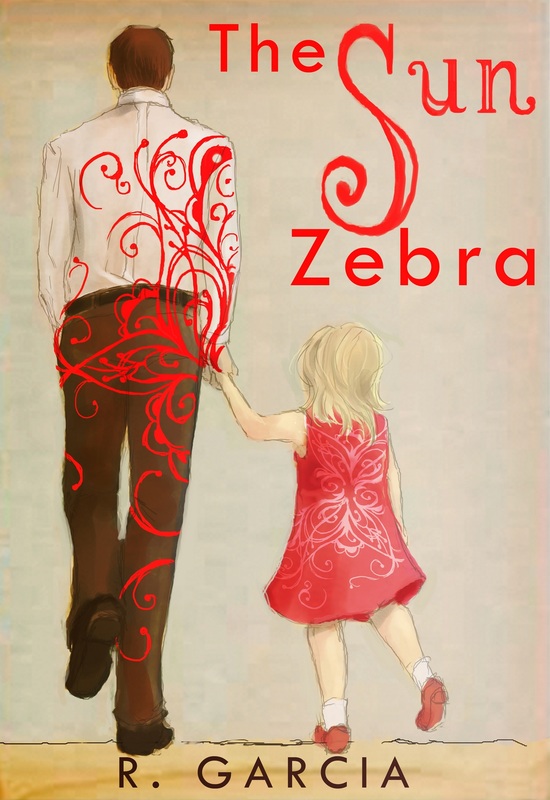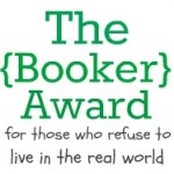The truth is that the majority of new authors who self-publish find that after all their friends have bought their book something happens: nothing. Their book starts plummeting in the ranks. The authors work their social media, send e-mails, and get reviews. People retweet their tweets, and like their Facebook posts, and leave nice comments on their blogs; but few buy. The majority of new authors come to the realization that they are one among tens of thousands of other authors and their book is one among millions of other books. Amazon’s CEO Jeff Bezos revealed this April that more than one thousand authors sell 1000 copies of their book each month on Amazon. But the flipside, of course, is that fewer than 2,000 authors sell 1,000 or more copies of their book per month. In a recent survey of a group of self-published authors it was found that half made less than $500 a year. A sizeable number probably make much less.
I don’t want to be a sourpuss. I am enthusiastic about self-publishing However, I feel that there is a lot of enthusiasm and very little in depth analysis of the realities of self-publishing. When you self-publish you are in charge of doing everything yourself, and even if you do it well and put out a great book with a great cover (and many authors don’t), the truth is your work has just begun. Now comes the part about promotion, and let me tell you something: book promotion is a female dog. The most common complaint I read from authors is that they can’t get their books to sell well. Amazon’s KDP Select program which allows authors to do free giveaways has increased the promotion power of self-published authors and their ability to sell, but Amazon has recently changed the algorithms that control the program. Now free titles and lower priced books are not rewarded with as much exposure as before. This means the odds have been stacked against self-published authors.
Finally let me address the dream that the vast majority of authors have. This is the dream that they will do so well that they will be able to quit their day jobs and live off their writing. The truth is that for most authors this isn’t going to happen (repeat after me: this isn’t going to happen). Sure there will be exceptions, but everyone thinks THEY will be the exception, and that is simply not true.
So please join us in the self-publishing revolution, write great books, and let’s all help and promote each other. But be realistic in your future financial plans and the role that your publishing will have in said plans. Dreams are important and they do come true; for some. Go ahead and soar with your dreams but keep your feet on the ground.
***
If you like this blog you can have links to each week's posts delivered to your e-mail address. Please click here.




 RSS Feed
RSS Feed



